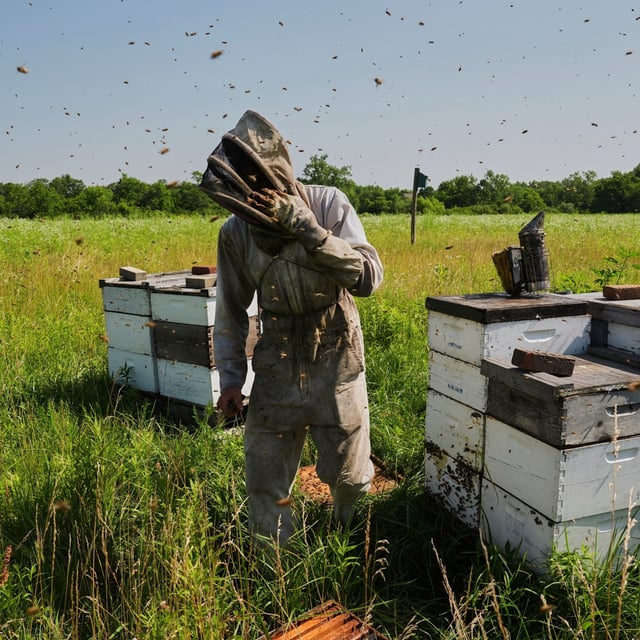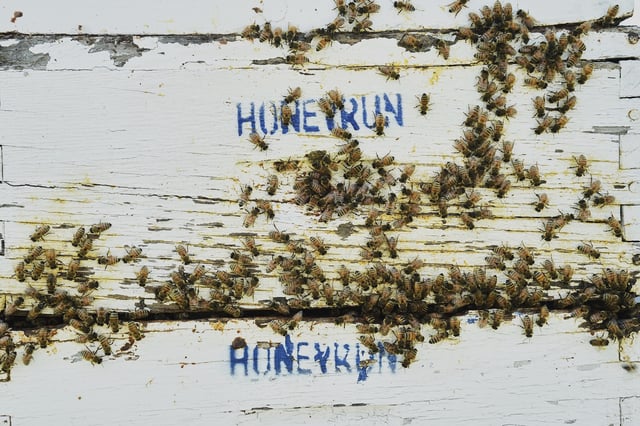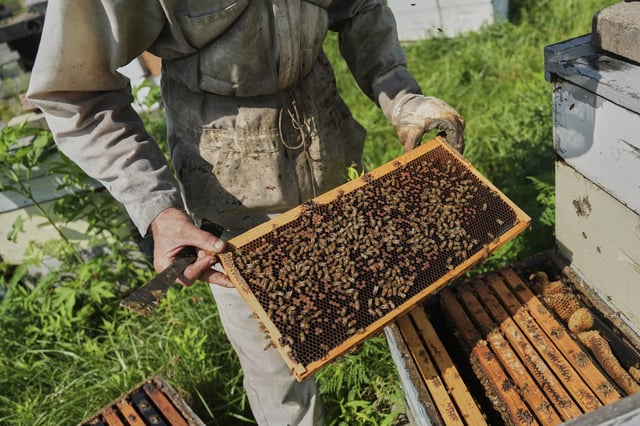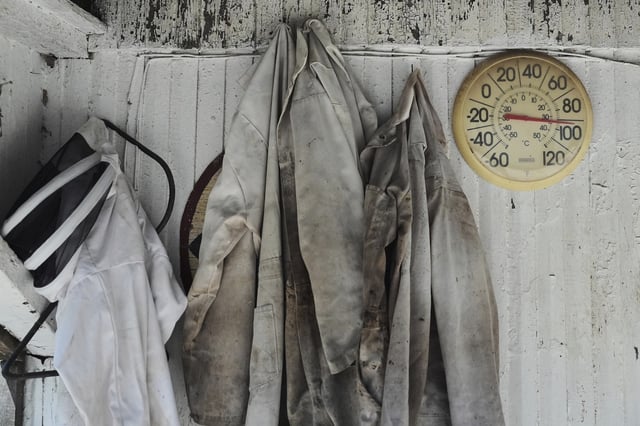Overview
- Under extreme heat, bees reduce wingbeat frequency while increasing wingbeat intensity, and seek shade or nest interiors to maintain safe body temperatures.
- By limiting these activities on the hottest days, bees spend less time foraging for nectar and have fewer mating opportunities, undermining colony productivity.
- U.S. beekeepers reported a 56% loss of managed honeybee colonies this year, the highest rate recorded since 2010.
- High temperatures have impeded formic acid treatments for parasitic mites and disrupted floral bloom timing, creating additional hive management hurdles.
- The White House’s proposed budget would eliminate funding for the USGS Bee Lab and related programs, risking a halt to critical pollinator research that underpins crop yields for almonds, apples and other fruits.



